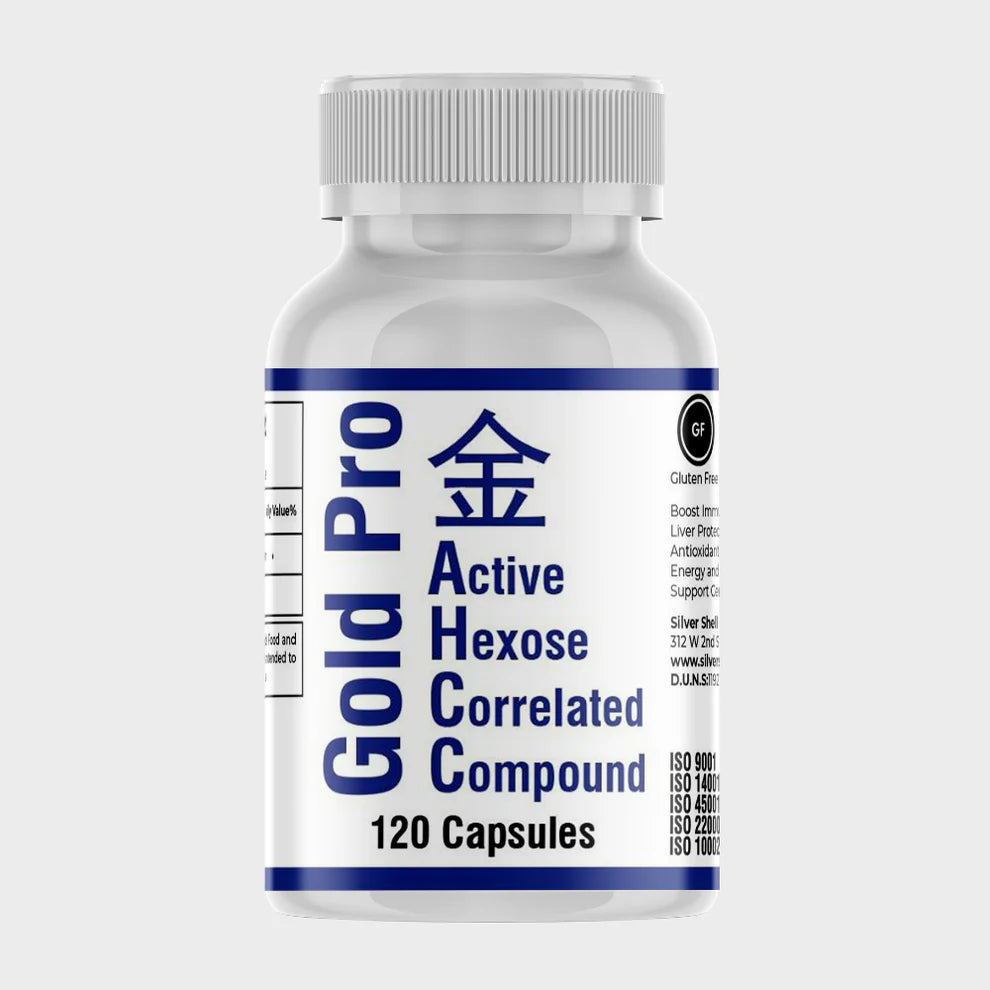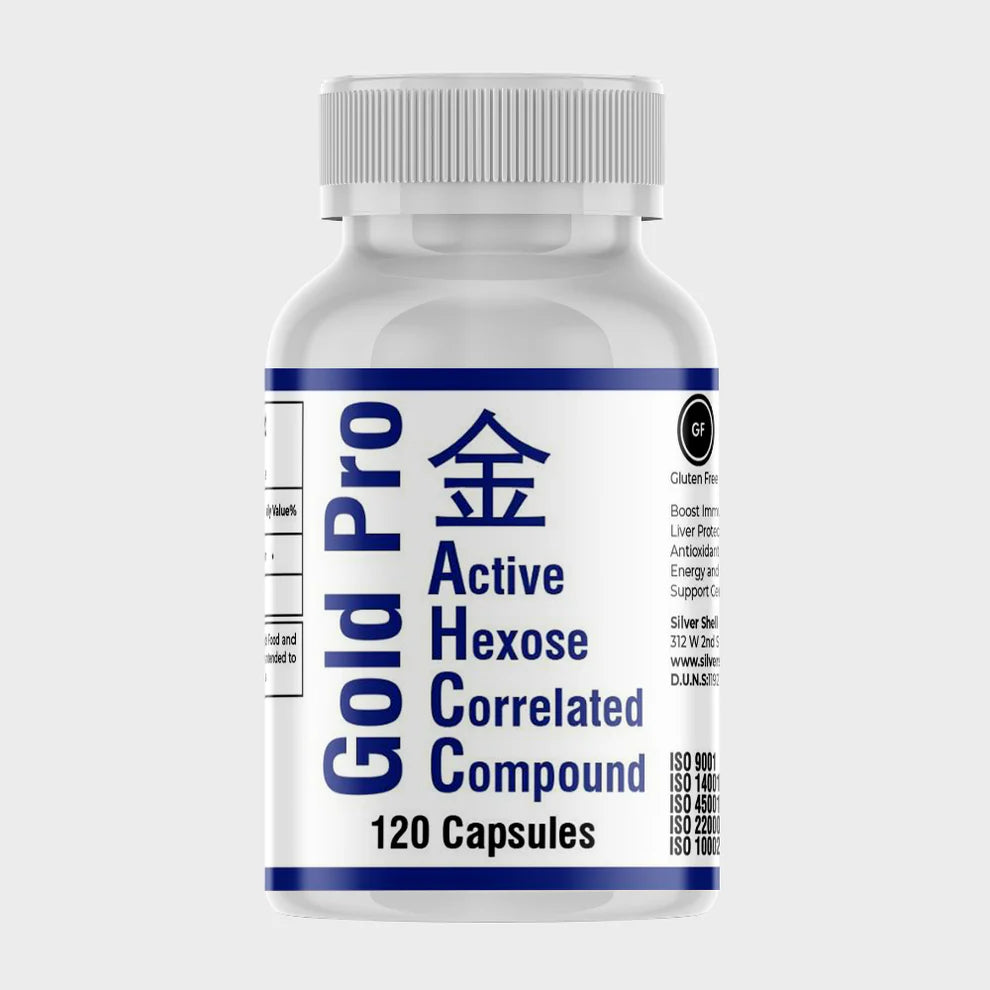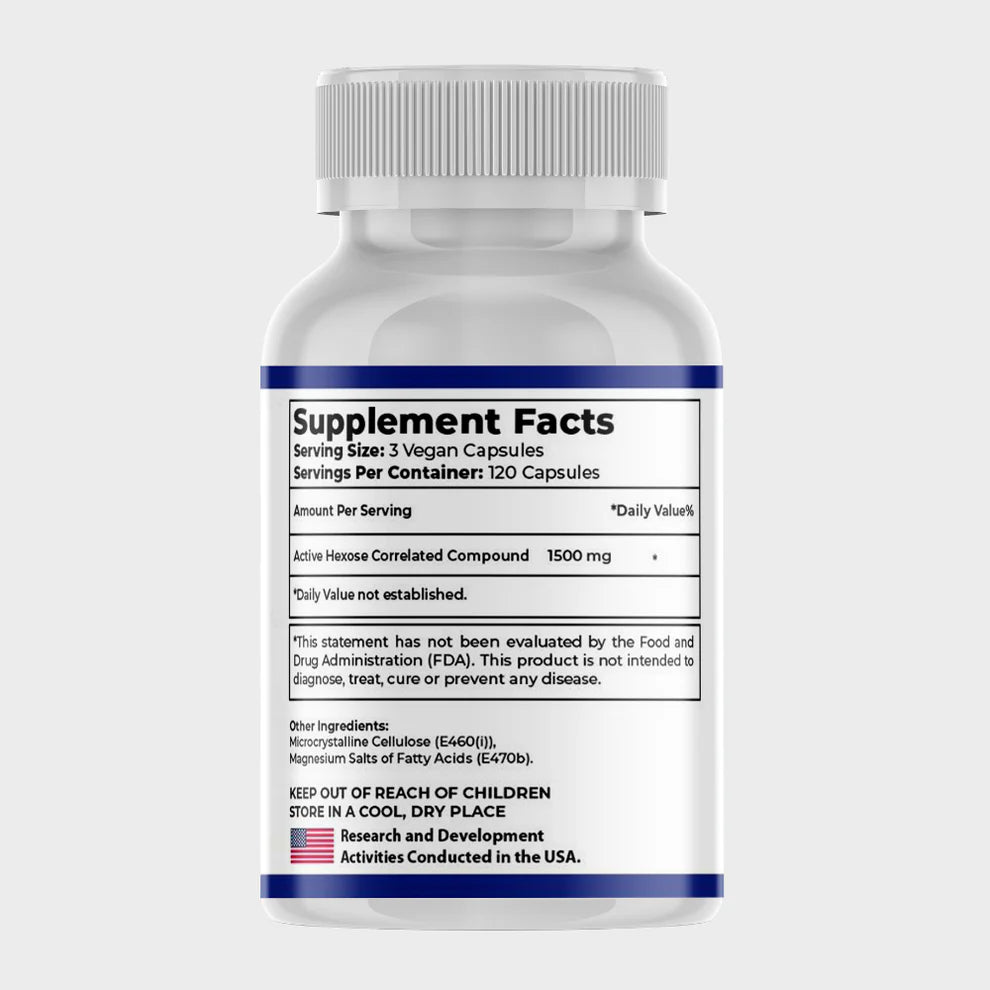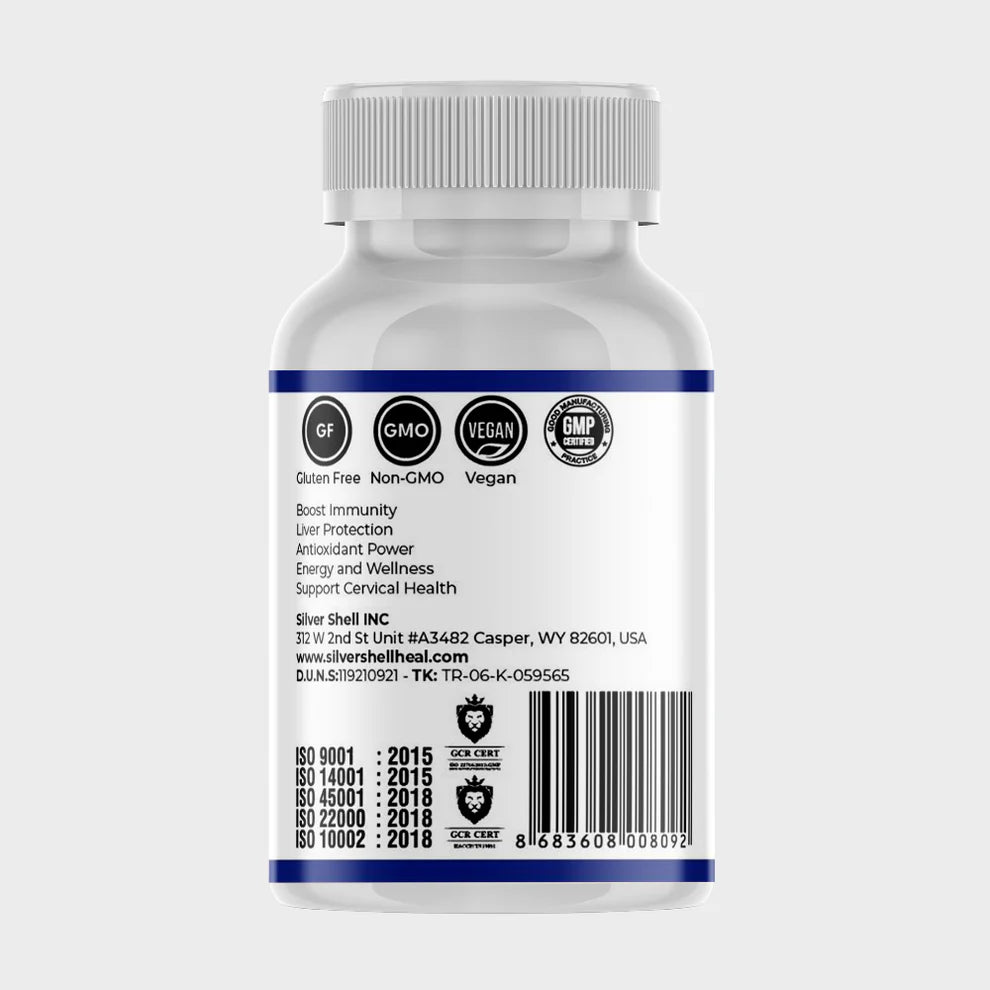Human Papillomavirus (HPV) is one of the most common sexually transmitted infections (STIs) worldwide, affecting millions of people each year. While many HPV infections resolve on their own, persistent infections can lead to serious health issues, including genital warts and various cancers, particularly cervical cancer. Understanding how to manage and eliminate HPV is crucial for maintaining good health and preventing complications. In this article, we’ll explore effective strategies to get rid of HPV, methods for managing the virus, and preventive measures to minimize risks.
1. Understanding HPV: What Is It?
HPV refers to a group of more than 200 related viruses. Some strains cause warts (papillomas), while others are linked to certain cancers, such as cervical, anal, throat, and genital cancers. HPV is spread through direct skin-to-skin contact, often during sexual activity. Some strains, particularly HPV 16 and HPV 18, are known to be high-risk for cancer development, while others cause less severe symptoms, such as genital warts.
Most people who are infected with HPV don’t even realize they have it, as the virus can remain dormant for years without causing symptoms. The immune system typically clears the virus naturally within 1 to 2 years. However, persistent infections pose a risk of progression to precancerous or cancerous conditions, making management essential.
2. Strengthening the Immune System
One of the most effective ways to eliminate HPV is by strengthening the body’s natural defenses. The immune system plays a vital role in fighting off infections, including HPV. Here are key strategies to support and boost your immune system:
-
Maintain a balanced diet: Consuming a diet rich in fruits, vegetables, lean proteins, and whole grains supports immune health. Antioxidants, such as vitamins C and E, along with folate found in leafy greens, are especially beneficial for immune function.
-
Exercise regularly: Regular physical activity boosts immune function by promoting healthy circulation and reducing stress, which can weaken immune responses.
-
Get adequate sleep: Lack of sleep can significantly weaken the immune system. Aim for 7-9 hours of quality sleep each night to maintain optimal immune function.
-
Manage stress: Chronic stress can suppress the immune system, making it harder for your body to fight off HPV. Practice relaxation techniques such as meditation, yoga, or deep breathing to manage stress effectively.
3. AHCC Supplementation
One promising option for supporting the immune system’s ability to eliminate HPV is the use of AHCC (Active Hexose Correlated Compound), a natural supplement derived from the mycelia of shiitake mushrooms. Several studies have shown that AHCC enhances the body’s immune response and support the elimination of persistent HPV infections. A clinical trial published in Frontiers in Oncology found that taking 3 grams of AHCC daily helped participants clear HPV after six months of use.
4. Medical Treatments for HPV Symptoms
If HPV causes warts or leads to abnormal cervical cells, specific medical treatments may be required to manage these symptoms:
-
Cryotherapy: This method freezes warts or abnormal cervical cells using liquid nitrogen, effectively destroying the affected tissue.
-
Topical medications: Doctors may prescribe topical treatments such as imiquimod or podofilox to apply to warts. These stimulate the immune response or destroy wart tissue.
-
Surgical removal: In cases of severe warts or abnormal cervical cells, a healthcare provider may recommend surgically removing the affected tissue through excision or laser treatment.
These treatments address symptoms and abnormal cell changes caused by HPV, allowing the immune system to focus on clearing the underlying infection.
5. Pap Smears and Regular Screening
For women, regular Pap smears and HPV testing are essential for managing HPV and preventing complications like cervical cancer. Pap smears detect abnormal cervical cells before they have a chance to develop into cancer. If abnormal cells are detected, doctors can intervene early with treatments like a Loop Electrosurgical Excision Procedure (LEEP) to remove them before they turn cancerous.
Regular screening is critical because HPV can persist silently for years. By catching abnormalities early, it’s possible to prevent cancer from developing even if you have HPV.
6. Preventing HPV Infection
Prevention is a powerful tool in limiting the spread and impact of the virus. Here are some of the best ways to prevent HPV infection:
-
Vaccination: The HPV vaccine is a highly effective method of preventing infection with the most dangerous strains of the virus. Vaccines like Gardasil 9 protect against 9 strains of HPV, including those most likely to cause cancer and genital warts. The vaccine is recommended for both boys and girls, ideally administered between the ages of 9 and 12. Adults up to the age of 45 can also receive the vaccine, depending on risk factors.
-
Practice safe sex: Condoms and dental dams can reduce, though not completely eliminate, the risk of HPV transmission. HPV can still be transmitted through skin-to-skin contact in areas not covered by condoms.
-
Limit sexual partners: Having multiple sexual partners increases the risk of contracting HPV. Limiting the number of partners and ensuring they are HPV-free through regular testing can reduce your risk.
-
Quit smoking: Smoking has been linked to a weakened immune system and an increased risk of HPV-related cancers. Quitting smoking can help your body fight off the virus more effectively.
7. Lifestyle Changes for Managing HPV
Making positive lifestyle changes can help your body handle an HPV infection more effectively:
-
Eat nutrient-rich foods: Focus on foods rich in antioxidants, like fruits, vegetables, and lean proteins, which can help the immune system function optimally.
-
Maintain a healthy weight: Obesity has been linked to an increased risk of HPV-related complications. Keeping a healthy weight through diet and exercise may reduce your risk.
-
Avoid alcohol and tobacco: Both alcohol and tobacco can impair the immune system, making it harder to fight HPV. Reducing or eliminating these substances can improve your immune response.
8. Consulting a Healthcare Professional
If you’ve been diagnosed with HPV, it’s important to consult with a healthcare provider to monitor the infection and prevent complications. Your doctor can recommend treatments, advise on lifestyle changes, and ensure you receive proper screening for HPV-related cancers.
Conclusion
The approach to getting rid of HPV involves strengthening the immune system, employing medical treatments for symptoms, and taking preventive measures. By enhancing your body’s natural defenses through a healthy lifestyle, supporting your immune system with supplements like AHCC, and utilizing regular screenings and medical interventions, you can effectively manage and potentially eliminate HPV from your system. Implementing preventive strategies like vaccination and safe sexual practices further protects you and your partners from HPV-related health risks. Working closely with a healthcare provider ensures the best outcomes in addressing and overcoming HPV.





